
*The concise version of this article was originally published in Hurriyet Daily News newspaper on 13 February 2017.[1]
The historic deep-rooted disputes continue to plague the Balkan region. Recently number of articles published in respectable Western newspapers, predicting renewed bloodshed in the region.[2] Centers of attention in all these articles are the Kosovo, Bosnia-Herzegovina, and Serbia.
The tension between Kosovo and Serbia began when Kosovo Serbs started in December 2016 to build a concrete wall near the bridge that divides the town of Mitrovica into Albanian and Serbian sectors.[3] Kosovo officials condemned this construction. Then the arrest in France on a Serbian war crimes warrant of Kosovo Liberation Army commander and former Prime Minister Ramush Haradinaj in January sparked more protests by Kosovo Albanians who accused Serbia of conducting vendetta.
Tension escalated by the decision of Serbia to send a promotional train to Mitrovica in north Kosovo for the first time in 18 years. A brand-new Russian-made train covered with giant colorful slogans saying “Kosovo is Serbia “in 21 languages, with posters inside it invoking Serb Orthodox saints and heroes. The train turned back before it reached Kosovo, and a full-blown crisis was averted. However, Serbia’s President Tomislav Nikoliç has threatened to send his country’s military into Kosovo if harm comes to Serbs there. He was quoted to said that “If Serbs are killed, we’ll send army to Kosovo” and “any new attempt by Pristina to cause a conflict would end badly”. In response Kosovo leadership, has asked the EU to calm Belgrade before things get out of hand, while some Albanians are talking about resurrecting the Kosovo Liberation Army since independent Kosovo has no military, only a paramilitary force.[4]
It should be noted that Russian Federation recently gifted Serbia modern weaponry, including 60 armored vehicles (half of them T-72 tanks) plus six MİG-29 jet fighters. Besides, two months ago, Russia, Belarus and Serbia conducted joint military exercises on Serbian territory, termed “Slavic Brotherhood”.[5] The exercise included more than 700 troops and planned to stage helicopter assaults and mock attacks on insurgent bases. The launch of this exercise coincided with the end of the NATO drill in Montenegro which focused on handling emergency situations such as floods or chemical attack that included 680 unarmed personnel from seven NATO members and 10 partner countries including Serbia.
Following the escalation of tension Federica Mogherini, High Representative of the European Union for Foreign Affairs, and Security Policy, invited the Serbian and Kosovar leaders to Brussels in the framework of Belgrade-Pristina dialogue for the normalization of relations between the two countries .[6] Latest statement by the EU indicates that after the dialogue meeting of 24 January 2017, at the meeting of 1 February 2017 Presidents Hashim Thaçi of Kosovo and Tomislav Nikoliç of Serbia and Prime Ministers Isa Mustafa and Aleksandar Vucic, “reconfirmed their full commitment to working together within the Dialogue”.
It is quite remarkable that the EU’s involvement in this escalation of tension coincided with the remarks by the Russian Foreign Minister Sergei Lavrov concerning the Kosovo-Serbia tension. In response to a question on the subject Lavrov stated that “…these problems are largely created by the policy of those who are forcing a new, modernized and post-Christian edition of so-called European values on the Balkan nations. I have no doubt this.”. He added that “… the only thing I can say is that the EU must defuse the situation and take the necessary measures to ensure the implementation of the Belgrade-Pristina agreements, which were reached with Brussels mediation…”.[7] By these remarks, Russia, main ally of Serbia, protector of Orthodox - Slav population in the Balkans reminds EU of its self-imposed responsibilities in the Balkans.
Another hot-spot of tension in Balkans is Bosnia-Herzegovina. Yet Bosnia is still stuck with its weak state system created by Dayton Peace Accords signed in late 1995. Dayton system in fact achieved its immediate purpose of putting an end to the bloodshed, but it froze its ethnic division in place. Bosnia-Herzegovina, according to Dayton system has a weak central government and comprises two entities: The Federation of Bosnia and Herzegovina, and Republica Srpska. Within this system, while Bosniaks are trying to have a more centrally governed country, Republica Srpska has been constantly seeking for greater autonomy and Croats for third entity around Mostar. Peace Implementation Council of Bosnia-Herzegovina is an international body charged with implementing the Dayton Peace Agreement. PIC has a Steering Board to work under the chairmanship of the High Representative which was created by the Dayton Peace Agreement. PIC Steering Board members are Canada, France, Germany, Italy, Japan, Russia, United Kingdom, United States, Presidency of the EU, European Commission, and Organization of the Islamıc Conference represented by Turkey.
Republica Sırpska, in search for more autonomy and if the conditions permit for gaining independence has used the tool of referendum several times during its existence. The latest referendum on the National Day of Republica Srpska (RS), called the “Day of Republica Srpska” was held on 25 September 2016. The Constitutional Court of Bosnia Herzegovina had on 26 November 2015 ruled against the constitutionality of the holiday, deeming it discriminatory against non-Serbs in the entity. The day of RS falls on 9 January, which is both an Orthodox feast day and the date when the Bosnian Serb republic declared in 1992. Despite Constitutional Court decision, the President of the RS Milorad Dodik led celebrations on 9 January for a public holiday called the day of RS. In the meantime, the US Treasury announced that it had imposed sanctions on Dodik. In response, Milorad Dodik declared that US Ambassador to Bosnia-Herzegovina is “a proven enemy” of the Bosnian Serbs and he is unwelcome in the RS. High Representative Valentin Inzko welcomed the sanctions, however the EU delegation to Bosnia-Herzegovina announced that it was not considering imposing sanctions on Dodik.[8]
In fact, the latest developments in the Bosnia-Herzegovina demonstrate very clearly that there is not a change in the aspirations of the Bosnian Serbs for pulling the RS out of Dayton Agreement. The threats by RS President Milorad Dodik to pull out of Dayton system cannot be considered as fantasy. The EU policies in Bosnia-Herzegovina and the “carrot” of far future membership prospect of Bosnia-Herzegovina in the EU seem not to deter Millorad Dodik from aspiring for independence.
Since the dissolution of ex-Yugoslavia, the US has always been at the forefront of all the developments and its choices and preferences mainly shaped the existing status quo. Now the US has new administration and it seems that President Donald Trump, because of his isolationist approaches, has no special interest for Balkans. If President Donald Trump decides to be indifferent to the region and implicitly or explicitly transfers the western responsibility in the “Western Balkans “to Europe or more specifically to the EU, new strategic calculations may come into being. The Europeans themselves are not united on number of Balkan issues. For example, Kosovo has not been recognized by all EU member states. Besides, the EU policy of dwelling only on “Western Balkans” in terms of expansion and creating a deep division in the integrity of Balkans is a major obstacle for the EU to ensure long-lasting stability in the “Western Balkans.”. It seems not possible for the EU to deal alone with the deep- rooted historical conflicts in the region. Brexit voting and the UK’s exit from the EU will make this possibility more likely. Expansion of NATO in the region is also not expected soon (One exception might be Montenegro.) The US has always been the locomotive of NATO and if the US decides totally or partially to withdraw from the Balkans, the EU and its main player Germany cannot cope with the problems of the “Western Balkans”. In such a vacuum, Russia and its Slav-Orthodox block made up of under the leadership of Serbia will be the main vanquisher in the historical Balkan chests game. The dominance of this bloc may end up with the partition of Kosovo and Bosnia-Herzegovina which literally means Balkanization of the “Western Balkans.”
Photo Source: http://gcssi.org/wp2/wp-content/uploads/2015/07/Balcan-countries.png
[1] Teoman Ertuğrul Tulun, “The Balkanization of the ‘Western Balkans’”, Hurriyet Daily News, 13 February 2017, http://www.hurriyetdailynews.com/the-balkanization-of-the-western-balkans.aspx?pageID=449&nID=109665&NewsCatID=396
[2] Dejan Anastasijevic, “Stirring up the Spectre of New Balkan Wars”, Balkan Insight, 30 Jan 17.
[3] Maja Zivanovic, “Kosovo, Serbia Presidents Meet to Ease Tensions”, Balkan Insight, 24 Jan 17.
[4] “Kosovo angered by Serbia's 'provocative' train”, Euronews, http://www.euronews.com/2017/01/14/kosovo-angered-by-serbia-s-provocative-train; Denis MacShane, “How Donald Trump could end up accidentally reigniting conflict in the Balkans” The Independent, http://www.independent.co.uk/voices/donald-trump-president-balkans-frederica-mogherini-serbia-kosovo-a7541191.html; John R. Schindler, “President Trump’s First Foreign Policy Crisis: Balkan War Drums Beat Again” Observer, http://observer.com/2017/01/nato-deploying-troops-poland-baltics-vladimir-putin/; “"If Serbs are killed, we'll send army to Kosovo" – president”, B92, http://www.b92.net/eng/news/politics.php?yyyy=2017&mm=01&dd=15&nav_id=100237
[5] Aleksandar Vasovic, “Serbia hosts joint military exercises with Russia” Reuters, http://in.reuters.com/article/serbia-defence-russia-idINL8N1D43PY
[6] “Statement by the HRVP Federica Mogherini on the most recent announcement of 3,000 new settlement units in the West Bank”, European Union External Action, https://eeas.europa.eu/headquarters/headquarters-homepage_en/19698/Statement%20by%20the%20HRVP%20Federica%20Mogherini%20on%20the%20most%20recent%20announcement%20of%203,000%20new%20settlement%20units%20in%20the%20West%20Bank,
[7] Danijel Kovacevic, “Bosnian Serb Leader Calls US Ambassador ‘Enemy’”, Balkan Insight, http://www.balkaninsight.com/en/article/dodik-unrepentant-after-us-sanctions-announced-01-18-2017.
[8] “Foreign Minister Sergey Lavrov’s remarks and answers to media questions at a news conference on the results of Russian diplomacy in 2016, Moscow January 17, 2017”, The Ministry of Foreign Affairs of the Russian Federation, http://www.mid.ru/en/foreign_policy/news/-asset_publisher/cKNonkJE02Bw/content/id/2599609.
© 2009-2025 Center for Eurasian Studies (AVİM) All Rights Reserved
No comments yet.
-
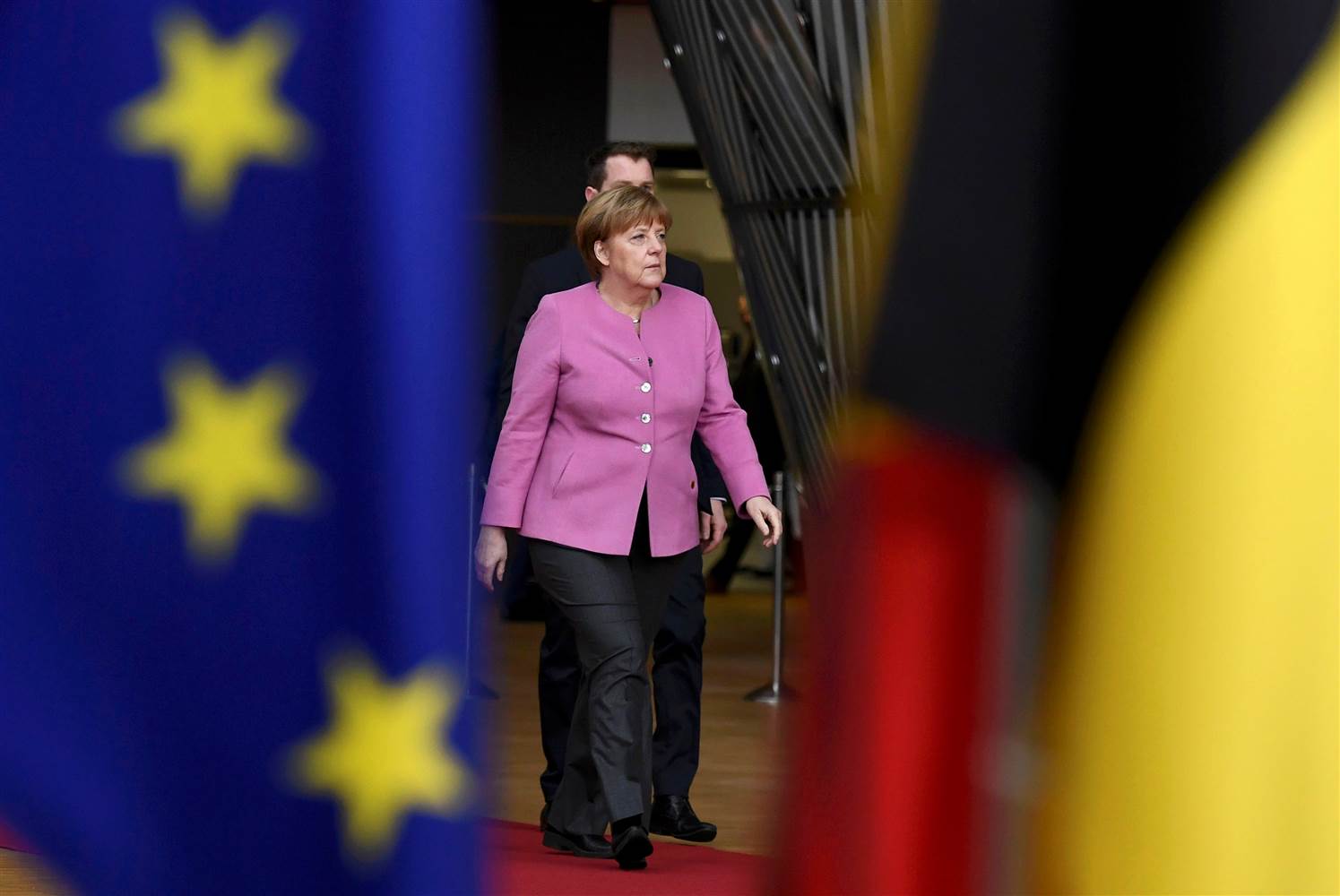 PARTS OF A BROKEN PUZZLE: GERMANY, BREXIT, TRUMP AND TURKEY
PARTS OF A BROKEN PUZZLE: GERMANY, BREXIT, TRUMP AND TURKEY
Teoman Ertuğrul TULUN 01.06.2017 -
 INTEGRATING NATO'S CYBERSECURITY AND MARITIME STRATEGY: UPHOLDING THE MONTREUX CONVENTION
INTEGRATING NATO'S CYBERSECURITY AND MARITIME STRATEGY: UPHOLDING THE MONTREUX CONVENTION
Teoman Ertuğrul TULUN 06.08.2024 -
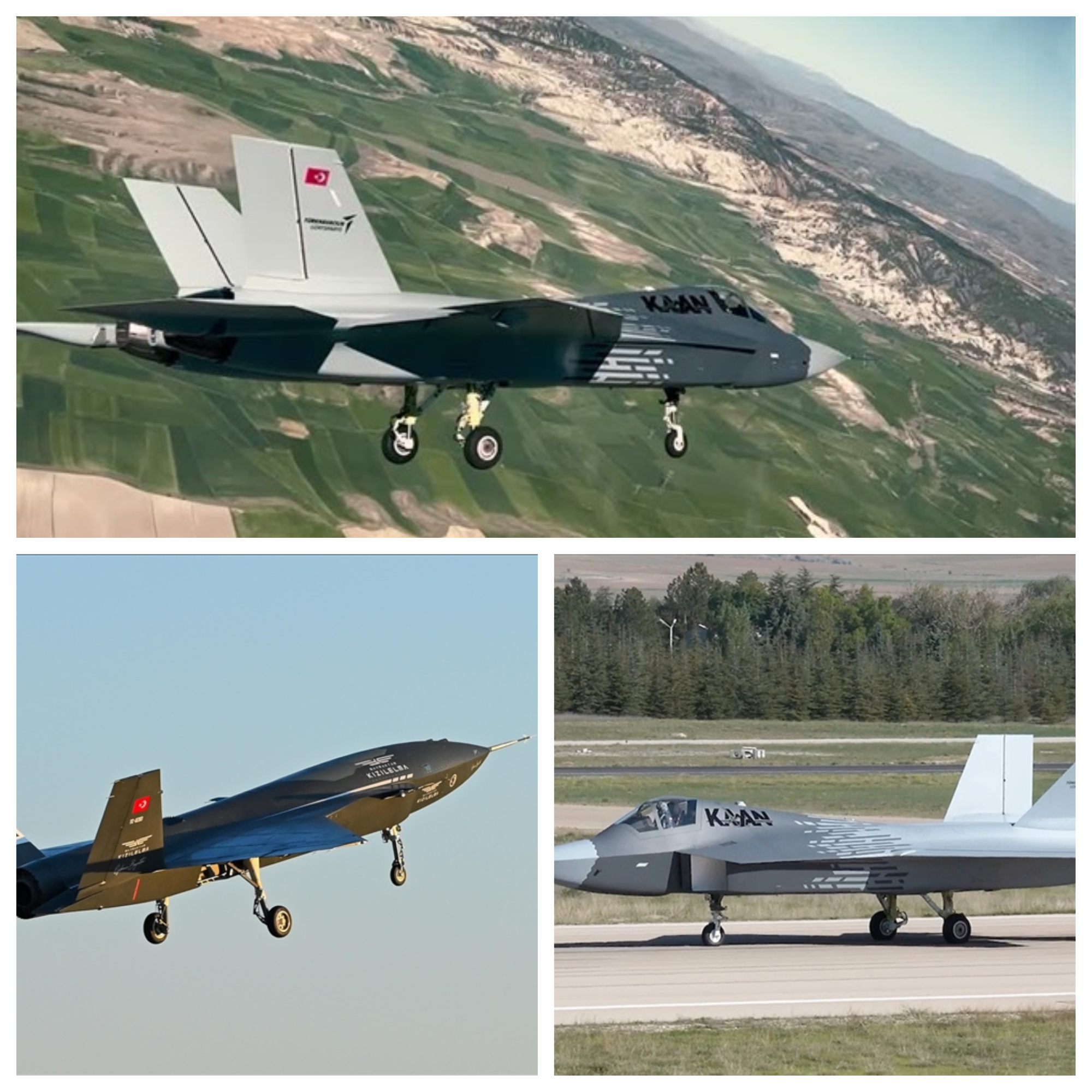 ESTABLISHING THE DELICATE BALANCE BETWEEN STRATEGIC AUTONOMY AND STRATEGIC INTERDEPENDENCE: THE CASE OF TÜRKIYE
ESTABLISHING THE DELICATE BALANCE BETWEEN STRATEGIC AUTONOMY AND STRATEGIC INTERDEPENDENCE: THE CASE OF TÜRKIYE
Teoman Ertuğrul TULUN 05.08.2025 -
 GUARDIANSHIP IN PRACTICE: LEADERSHIP, ADAPTATION, AND SECURITY CHALLENGES IN THE BLACK SEA
GUARDIANSHIP IN PRACTICE: LEADERSHIP, ADAPTATION, AND SECURITY CHALLENGES IN THE BLACK SEA
Teoman Ertuğrul TULUN 16.10.2025 -
 TÜRKİYE’S CONSTRUCTIVE VISION, EU’S DIVISIVE DIPLOMACY IN BLACK SEA AND CENTRAL ASIA
TÜRKİYE’S CONSTRUCTIVE VISION, EU’S DIVISIVE DIPLOMACY IN BLACK SEA AND CENTRAL ASIA
Teoman Ertuğrul TULUN 21.04.2025
-
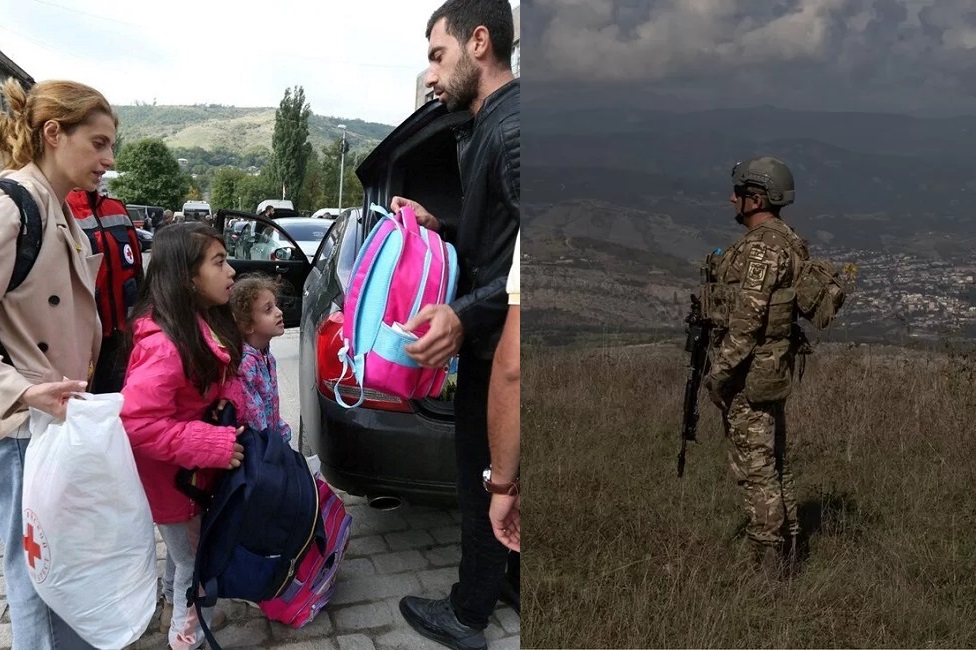 THE BATTLE TO CONTROL THE NARRATIVE OVER KARABAKH: ARMENIAN CIVILIAN SAFETY VS. AZERBAIJANI STATE SOVEREIGNTY
THE BATTLE TO CONTROL THE NARRATIVE OVER KARABAKH: ARMENIAN CIVILIAN SAFETY VS. AZERBAIJANI STATE SOVEREIGNTY
Mehmet Oğuzhan TULUN 06.10.2023 -
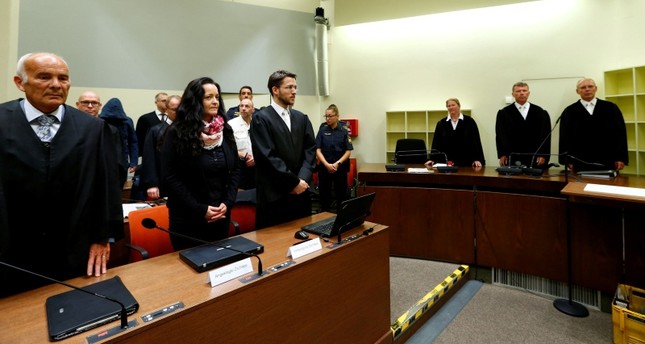 FAR-RIGHT VIOLENCE AND TERRORISM RISES IN GERMANY: NATIONAL SOCIALIST UNDERGROUND (NSU) TERRORIST GROUP AND THE MURDERS OF EIGHT TURKISH-GERMAN CITIZENS
FAR-RIGHT VIOLENCE AND TERRORISM RISES IN GERMANY: NATIONAL SOCIALIST UNDERGROUND (NSU) TERRORIST GROUP AND THE MURDERS OF EIGHT TURKISH-GERMAN CITIZENS
Teoman Ertuğrul TULUN 26.08.2019 -
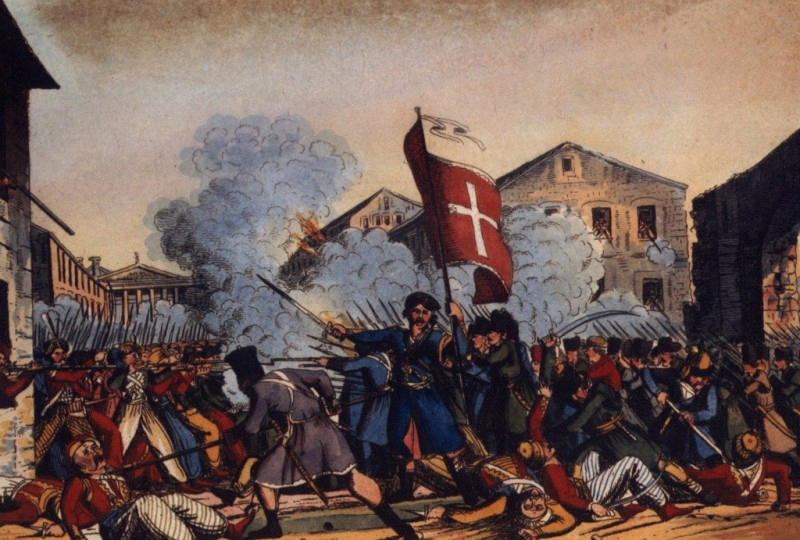 GREECE: 1821 CELEBRATIONS, TRIPOLITSA MASSACRE, BBC AND FAKE NEWS
GREECE: 1821 CELEBRATIONS, TRIPOLITSA MASSACRE, BBC AND FAKE NEWS
Teoman Ertuğrul TULUN 31.03.2021 -
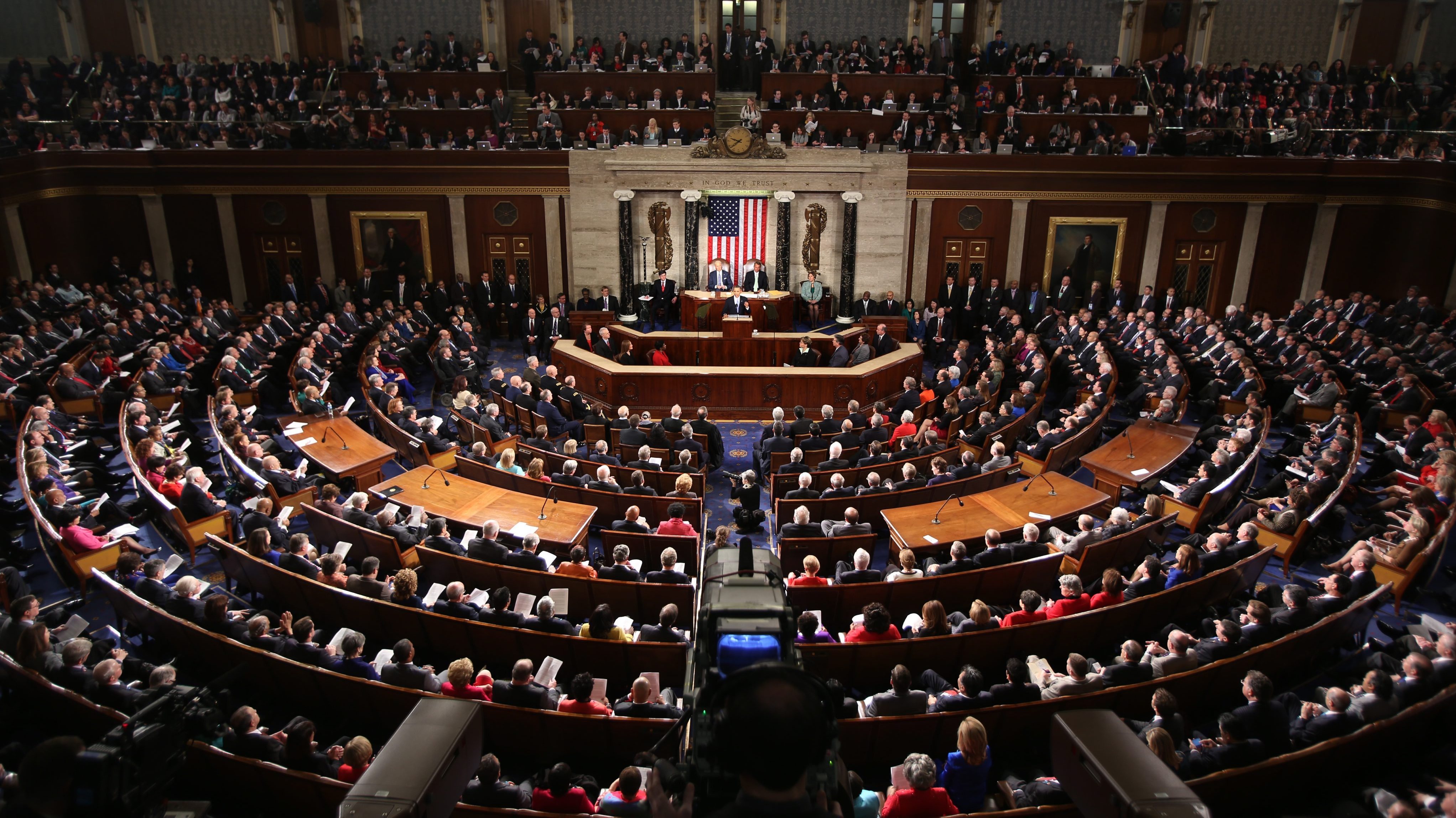 GENOCIDE ACCUSATION AS A FORM OF PUNISHMENT - II
GENOCIDE ACCUSATION AS A FORM OF PUNISHMENT - II
Mehmet Oğuzhan TULUN 04.11.2019 -
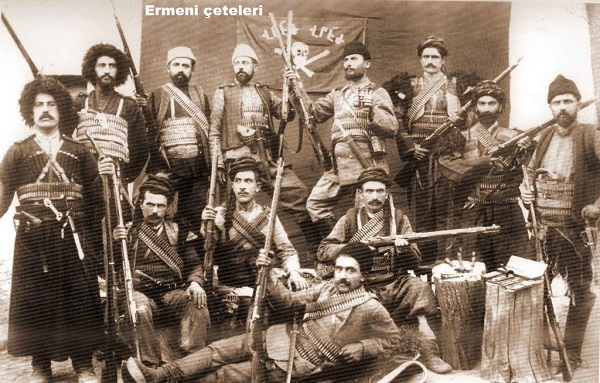 DASHNAK FEDAIS: HEROES OR CALAMITIES OF THE ARMENIAN PEOPLE?
DASHNAK FEDAIS: HEROES OR CALAMITIES OF THE ARMENIAN PEOPLE?
AVİM 20.12.2019
-
25.01.2016
THE ARMENIAN QUESTION - BASIC KNOWLEDGE AND DOCUMENTATION -
12.06.2024
THE TRUTH WILL OUT -
27.03.2023
RADİKAL ERMENİ UNSURLARCA GERÇEKLEŞTİRİLEN MEZALİMLER VE VANDALİZM -
17.03.2023
PATRIOTISM PERVERTED -
23.02.2023
MEN ARE LIKE THAT -
03.02.2023
BAKÜ-TİFLİS-CEYHAN BORU HATTININ YAŞANAN TARİHİ -
16.12.2022
INTERNATIONAL SCHOLARS ON THE EVENTS OF 1915 -
07.12.2022
FAKE PHOTOS AND THE ARMENIAN PROPAGANDA -
07.12.2022
ERMENİ PROPAGANDASI VE SAHTE RESİMLER -
01.01.2022
A Letter From Japan - Strategically Mum: The Silence of the Armenians -
01.01.2022
Japonya'dan Bir Mektup - Stratejik Suskunluk: Ermenilerin Sessizliği -
03.06.2020
Anastas Mikoyan: Confessions of an Armenian Bolshevik -
08.04.2020
Sovyet Sonrası Ukrayna’da Devlet, Toplum ve Siyaset - Değişen Dinamikler, Dönüşen Kimlikler -
12.06.2018
Ermeni Sorunuyla İlgili İngiliz Belgeleri (1912-1923) - British Documents on Armenian Question (1912-1923) -
02.12.2016
Turkish-Russian Academics: A Historical Study on the Caucasus -
01.07.2016
Gürcistan'daki Müslüman Topluluklar: Azınlık Hakları, Kimlik, Siyaset -
10.03.2016
Armenian Diaspora: Diaspora, State and the Imagination of the Republic of Armenia -
24.01.2016
ERMENİ SORUNU - TEMEL BİLGİ VE BELGELER (2. BASKI)
-
AVİM Conference Hall 24.01.2023
CONFERENCE TITLED “HUNGARY’S PERSPECTIVES ON THE TURKIC WORLD"









